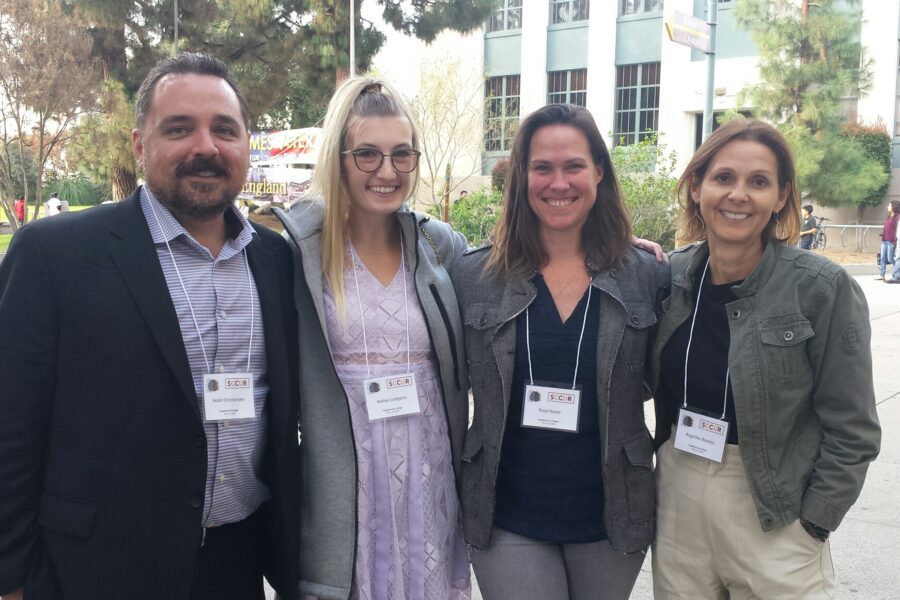Jude Bergkamp, program chair and core faculty in the Clinical Psychology Doctorate Program at Antioch University Seattle, was recently awarded the diversity scholarship to attend The National Council of Schools and Programs of Professional Psychology (NCSPP) winter conference. Along with three colleagues from AUS, Drs. Cheryl Azlin, Bill Heusler, and Michael Sakuma, Bergkamp will participate in the consortium of PsyD programs from around the country this January 2019 in New Orleans. Bergkamp was recommended for the award by AUS provost, Ben Pryor, who wrote; “Jude has been at the forefront of important discussions about diversity on our campus and in his field. His recent work in support of migrant families at our southern border is especially vital. This award recognizes what his colleagues in Seattle know his commitment to Antioch’s mission and embodying it in his profession.”
The NCSPP, composed of chairs and directors of clinical training (DCTs), has the distinguishing feature of a focus on a practitioner/ scholar model (as opposed to a practitioner/ scientist model). This year’s theme: disruptive practices in professional psych curriculums. Bergkamp is excited to present and participate along with his colleagues as his own teaching methods and the mission and practice of Antioch’s PsyD program are particularly suited to the theme. “My curriculum and Antioch as a whole are focused on issues of anti-oppression, power and privilege, and isms,” he said. “I’m excited and honored to receive the diversity scholarship award and present with many of my mentors in the field on disruptive pedagogy and the incorporation of social justice into PsyD curricula.”
As an example of disruptive pedagogy implemented in the AUS program, Bergkamp cited the clinical practice of IQ testing. In the same quarter, students learn how to administer IQ testing, and then learn about the eugenic origins of those tests. “This creates a sense of cognitive dissonance,” said Bergkamp, “then faculty supports students in reconciling the contradictory aspects of psychology.”

